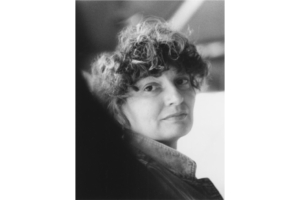Writing as a Way of Healing
 I have been rereading Louise DeSalvo‘s Writing as a Way of Healing. The first time I read this book, I bought extra copies and handed it out to friends. No interesting conversations resulted, which I think means that no one read it…so I’m here again, this time virtually handing out copies.
I have been rereading Louise DeSalvo‘s Writing as a Way of Healing. The first time I read this book, I bought extra copies and handed it out to friends. No interesting conversations resulted, which I think means that no one read it…so I’m here again, this time virtually handing out copies.
I’ve underlined a gazillion passages, like this one:
This book is an invitation for you to use the simple act of writing as a way of reimagining who you are or remembering who you were. To use writing to discover and fulfill your deepest desire. To accept pain, fear, uncertainty, strife. But to find, too, a place of safety, security, serenity, and joyfulness, to claim your voice. To tell your story. And to share the gift of your work with others and, so, enrich and deepen our understanding of the human condition. (9)
Or this:
I didn’t know that if you want to write, you must follow your desire to write. And that your writing will help you unravel the knots in your heart. I didn’t know that you could write simply to take care of yourself, even if you have no desire to publish your work. I didn’t know that if you want to become a writer, eventually you’ll learn through writing — and only through writing — all you need to know about your craft. And that while you’re learning, you’re engaging in soul-satisfying, deeply nurturing labor. I didn’t know that if you want to write and don’t, because you don’t feel worthy enough or able enough, not writing will eventually begin to erase who you are. (31)
Or this:
For our writing to be healing, we must encounter something that puzzles, confuses, troubles, or pains us. (93)
There is so much more here. DeSalvo has read widely in the lives of various writers (she is a biographer) and in psychological studies in order to explain her discoveries and insights into how we must write in order to heal. A key idea for me is that keeping a journal isn’t helpful if it is only complaint. One must link memories to feeling in order to get the full benefit.
Well, one must read the book.
DeSalvo has a blog, too — Writing a Life — which I am also happy to recommend.





